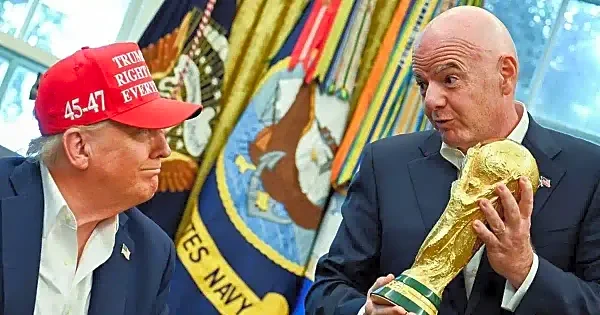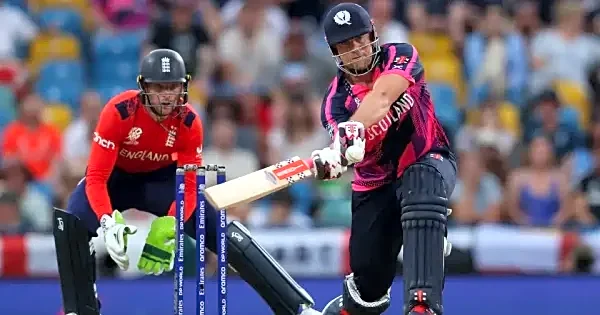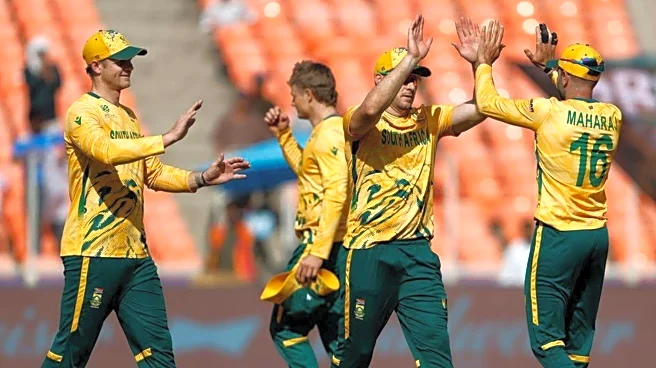A declaration by the U.S. President Donald Trump has sparked debate about his authority to influence the upcoming FIFA World Cup 2026. The global competition, co-hosted by the United States, Canada, and Mexico, is set to be the largest in history, featuring 48 teams and 104 matches, with the U.S. hosting 78 fixtures, including the final. 11 U.S. cities are designated to host World Cup matches are Atlanta, Boston, Dallas, Houston, Kansas City, Los Angeles, Miami, New York/New Jersey, Philadelphia, San Francisco, and Seattle. These cities have been preparing since FIFA finalized the tournament schedule in February 2025.
In a statement from the Oval Office on Thursday, September 25, 2025, U.S. President Donald Trump announced his intention to potentially
relocate matches for the FIFA World Cup 2026 from American cities he deems unsafe. “If I think it’s not safe, we’ll move it into a different city,” Trump said. He further added, “If any city we think is going to be even a little bit dangerous for the World Cup, or for the (2028) Olympics, we won’t allow it. We’ll move it around a little bit.” Reports claim that Trump’s comments suggest that some of these cities, particularly Democrat strongholds like Seattle, San Francisco, and Los Angeles could lose their hosting rights if he perceives them as security risks.
Los Angeles will host eight World Cup games in 2026 and Olympic Games 2028
Trump specifically highlighted Seattle and San Francisco, each slated to host six matches, and Los Angeles, which will host eight World Cup games and the Olympic Games 2028. He described these cities as being “run by radical left lunatics who don’t know what they’re doing”, tying his concerns to his broader narrative of tackling crime in Democratic-run urban centers. FIFA, the global governing body for soccer, oversees the organization and selection of World Cup host cities, and it remains unclear whether Trump has the authority to unilaterally alter the tournament’s schedule.
Trump’s close relationship with FIFA President Gianni Infantino and his role as chair of the U.S. World Cup taskforce may give him influence. Trump’s comments also reflect his broader engagement with the World Cup. In May 2025, he suggested allowing Russia to participate despite their ban from international competition from 2022. In March, he claimed that economic tensions with Canada and Mexico, fueled by his imposition of tariffs, would enhance the tournament’s excitement. FIFA has not yet responded to requests for comment on Trump’s statements, leaving open questions about how the organization will address potential pressure from the U.S. administration.


/images/ppid_a911dc6a-image-177098609283733676.webp)
/images/ppid_a911dc6a-image-177098604430638966.webp)
/images/ppid_a911dc6a-image-177098602618035982.webp)





/images/ppid_59c68470-image-1770987582774322.webp)

/images/ppid_59c68470-image-177098761981591595.webp)
/images/ppid_59c68470-image-1770987529810585.webp)
/images/ppid_59c68470-image-177098766350256772.webp)
